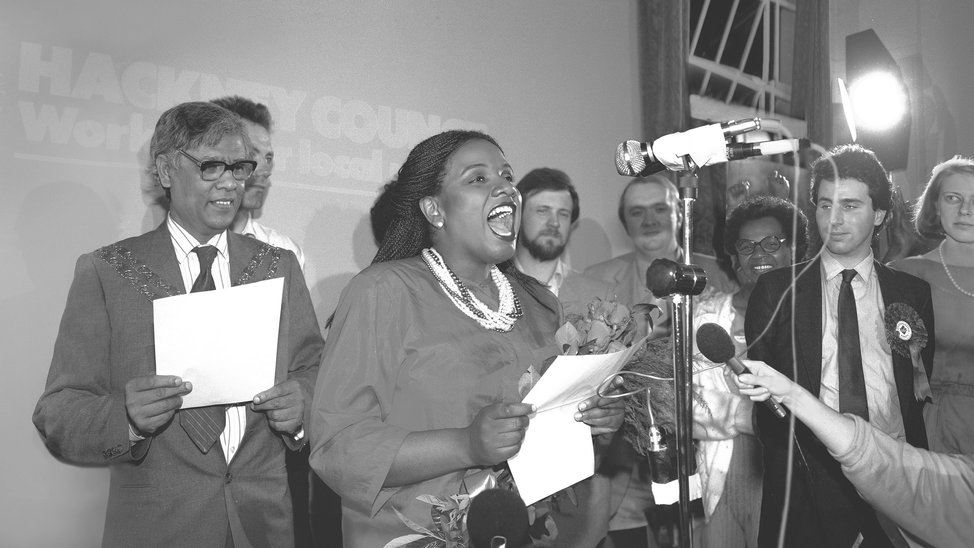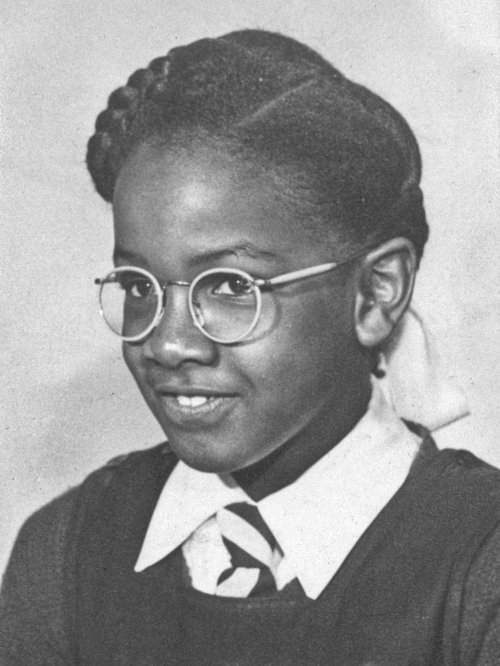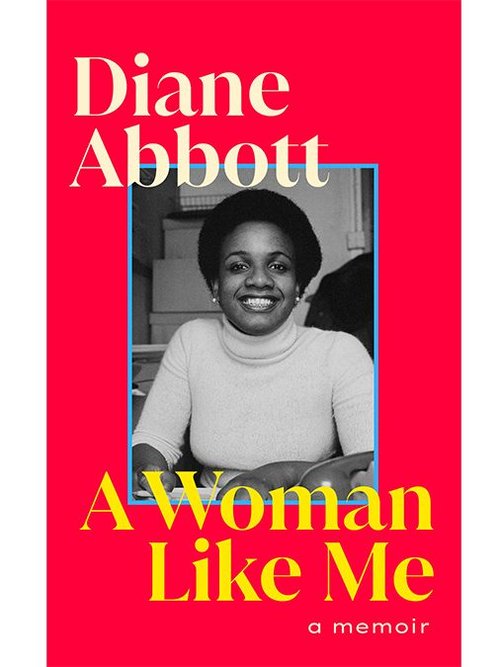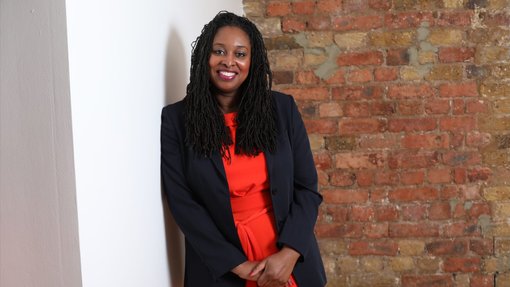This edition of Founder's Letter was produced in partnership with Viking.
This year I became Britain’s longest serving woman MP after 37 years in Parliament. It brings with it the honorific title “Mother of the House”. This new elevated role took me aback a little. I had never compared my length of service in Parliament with anyone else, let alone other women.
All my life I have just moved forward step by step, keeping my eyes fixed on my aims and ambitions for ordinary people. But a few weeks before the General Election, Harriet Harman, the then MP for Peckham, rang me.
I have known Harriet for over 40 years. We had met as young feminists long before we both became MPs. Appropriately enough for such a strong supporter of women’s rights, Harriet had been “Mother of the House” in the last Parliament. But she called to point out to me that, now she was stepping down from Parliament, I would become the longest serving woman MP. She was calling to pass on the baton.

In the middle of the General Election I was not thinking about any possible honorific role. But, once I had got over feeling startled, I went over it all with Harriet over the phone and we also discussed what exactly the role involved.
I am the child of Caribbean migrants of the Windrush generation. My parents both finished school at 14. They were brought up in rural Jamaica and their families, like everybody around them, survived on subsistence agriculture. But after the war, waves of Caribbean people migrated to build a better life.
Some had gone to Panama to build the canal, but many others went to America and came to the UK. The UK was often a desirable location because at that time Jamaicans were entitled to passports as Citizens of the United Kingdom and Colonies and therefore were entitled to freedom of movement.
My parents worked hard and tried to do the best for their children. But never in their wildest dreams could they have imagined that their daughter would become Britain’s first black woman MP. Now, I am Mother of the House.

Looking back it has been an extra-ordinary journey. I sometimes wonder what has helped me survive. I often felt isolated. Elected in 1987, for ten whole years I remained the only black woman MP out of a total of 650 MPs altogether.
It has always been hard work. Hackney is a busy area with a great deal of poverty and the people come to me with everything from wanting their window repaired, to immigration concerns and worries about gang violence.
When I first became an MP there was no such thing as maternity leave and it was decades before online communication. Just a few days before giving birth to my son, I was coming into Parliament late in the evening while heavily pregnant in order to vote. And just weeks after he was born I was back at work.
But perhaps the worst thing has been the brutal media coverage I have often endured. At least once I had seriously considered stepping down, just because of the vicious and invented media stories.
So what has kept me going? Partly it is Jamaica’s history. Jamaica has a history of uprising and rebellion going back centuries. If I am someone who does not allow herself to be pushed around, it is the Jamaican in me. And I have never forgotten that, whatever difficulties I may be facing, my parents and grandparents deep in rural Jamaica have had to survive much worse.

I also owe a lot to the resilience of my parents and their generation of Caribbean migrant. British media and society have recently become sentimental about the Windrush era. But the truth is that these were very harsh times for black migrants. They had to be tough to survive and I inherited some of that toughness.
Another thing that has kept me going is the support of other black women. Most of my black friends are not in politics, but they are often professionals who know what it was to be isolated in a white institution. Whether it was commiserating with me about man problems, letting me pour out my worries about my son or helping me pick myself up when I have been knocked down by the media, my friends have always been there for me.
I have also always had tremendous support from Hackney women, including very many black women. When the Labour Party seemed to think that they could bar me as an MP, it was local women who organised an amazing rally complete with “I stand with Diane” banners outside Hackney Town Hall.
It was a difficult time, but local women made me feel loved and supported. It was not just big rallies that gave me courage. Often it was just a local woman stopping me on the street to say, “We have got your back!”
In the end I think that above all it is sisterhood that has given me strength, helped me to survive the most difficult times and kept me moving forward.
Diane Abbott's memoir, A Woman Like Me, is published by Viking on Thursday 19th September 2024 and available to order now.
All image courtesy of Viking / Penguin.

Banseka Kayembe
What It's Like To Be A Black Woman In British Politics
Tuesday 10 November 2020 7:00 AM
Maimy Suleiman
MP Eleanor Smith Talks: Her Nursing Career, Corbyn & Brexit
Wednesday 26 June 2019 7:38 PM
Zainab Asunramu
How The Activate Collective Are Changing The Face Of British Politics
Thursday 28 January 2021 7:00 AM
Want More Stories Like This?
Get black women telling their stories and truths, on their own terms sent straight to your inbox with the BB Newsletter!
